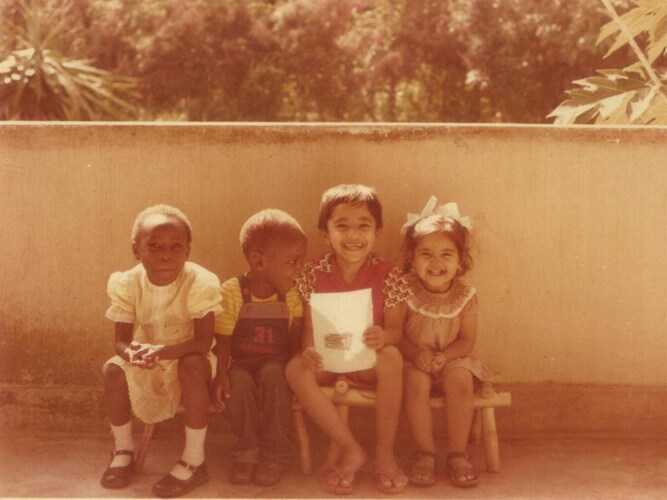
View from the Inside
Albert James Lutalo Bosa , Former vice chancellor of Kyambogo University in Kampala, recounts and compares Uganda of today with that in the 70s
Looking Back
The 70s were not comfortable times. The security was appalling and food was scarce. Getting essentials like sugar and salt was tough. People stole from one another just to stay afloat. People were demoralized, the private sector had deserted the country during Idi Amin’s reign and there were no new jobs on the horizon. Unemployment led to insecurity. When people don’t have and cannot earn, they can attack other people to get what they want.
Social services (such as medical services and education) were negatively impacted by the socio-economic situation. People wanted to leave the country because the situation was becoming unbearable.
The expatriates got 30 days to leave the country. They had no choice and they had to leave behind a lot of their property. Doctors and teachers were exempt from this. The High Commissions and the embassies were trying to help their people in any way possible.
Looking forward
Once the Asians left Uganda, people broke into their houses and looted them. Sometimes, it was very difficult to get even something to feed the family. Many people had left Uganda forever by May 1979. The peak of the crisis, however, was over.
Today the situation has greatly improved. In Uganda, people are now given adequate freedom to explore their own horizons and are encouraged to find new ways of earning their living. The economy has grown.
The government is actively pursuing foreign investment. All the industries that had died down have begun to take root again. Uganda has done pretty well in agro processing (coffee and cooking oil in particular) and the FMCG industry has also picked up. There has been an upsurge in the flower industry for exports. Kenya used to produce flower for exports but now Uganda has matched those exports.
There has been huge growth in services as well - banking is growing very fast. There are so many bank branches that have opened recently. Even the traditional old banks are waking up to competition. For instance, Barclays, Standard Chartered, Gold Trust Bank and Kenya Commercial Bank are now big here. The government recently sold out one of its biggest banks – Uganda Commercial Bank to Standic from South Africa. That is now one of the biggest operating banks here. Bank of Baroda, which has been here for over 30 years.
Telecom has expanded vastly and is a very competitive industry. It is now easy to get in touch with somebody in almost any part of the country. Zain, a Kuwati telecom giant, has now entered the market. MTN is the biggest telecom company here and it has covered the entire country. Orange has also recently set up shop in Uganda.
Eastern Uganda has seen a flurry of activity since the discovery of oil three years ago. I expect that drilling will start soon.
The education sector has expanded – in the 1970s; there was only one university. Today there are 20. The government has established three public universities and have allowed the emergence of private universities as well. The government has put in place a National Council of Higher Education to monitor quality standards in education and regulate the sector.
During the 1970s the thing that impacted us most negatively was shortages in everything – in the basic essentials of life. Now with the global economic crisis, we are beginning to feel the pinch but trade has greatly expanded.
Indian industrialists are beginning to find their own in the country. The Madhvani Group and the Mehta Group are big in Uganda. The Dairy Corporation has been taken over by an Indian contingent. Tata automobiles are all over Uganda, trucks and compacts are common. There are other Indian companies as well – like Mukwano Industries which makes varied things like edible oil, soap and cosmetics. Then there is industrialist Sudhir Ruparelia who is into hotels, schools, banking, a radio station and other businesses.
Much as there has been an improvement, we still talk about poverty levels in Uganda. Income levels have improved but they are not good enough. The rich are very rich while the poor struggle. There has been an improvement in income levels but there is still a huge disparity.
I am living much better today. There are now more opportunities. We have a lot of freedom today. We have built ourselves a house in the southern part of Kampala and live there post-retirement.
Life is much better today than it used to be. That was a period that set the country back by a number of years.





